15 Little-Known Facts About Your German Shepherd

German Shepherds may seem like the perfect combination of intelligence and strength, but living with one brings unexpected surprises. Beyond their loyal and protective nature, these dogs have quirks that catch many owners off guard. So, here are 15 things that might just change how you view this breed!
Natural Protectors

With their strong guarding instincts, these dogs excel at protecting their families. However, this means they can be overly cautious around strangers if not socialized properly from an early age. It’s essential to expose them to different environments, people, and animals to avoid them becoming overly protective or anxious around new experiences.
Need For Mental Challenges

German Shepherds are known for their intelligence, but their sharp minds need constant engagement. Without sufficient mental stimulation, they can quickly become bored and resort to behaviors like chewing, digging, or barking excessively. Owners often find that puzzle toys or even agility courses keep their minds occupied and happy.
Shedding Happens Year-Round
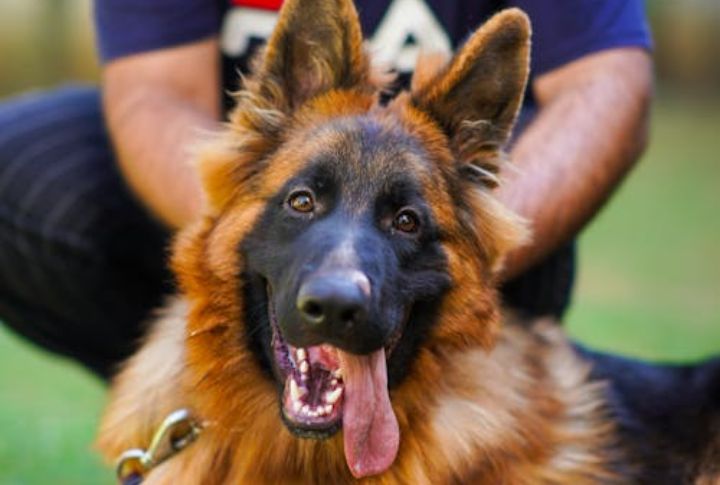
Even though they don’t have the longest coat, the amount of fur you’ll find around the house might surprise you. Their double coat sheds the entire year, with especially heavy shedding during seasonal changes. Regular grooming and brushing several times a week can help manage the hair, but expect to invest in a good vacuum cleaner.
The Risk of Hip Dysplasia

While many large breeds face joint issues, German Shepherds are particularly prone to hip dysplasia. This condition can lead to arthritis or even mobility problems later in life. Staying proactive with proper exercise, maintaining a healthy weight, and discussing supplements with your vet can help manage or delay symptoms.
Sensitive Stomachs
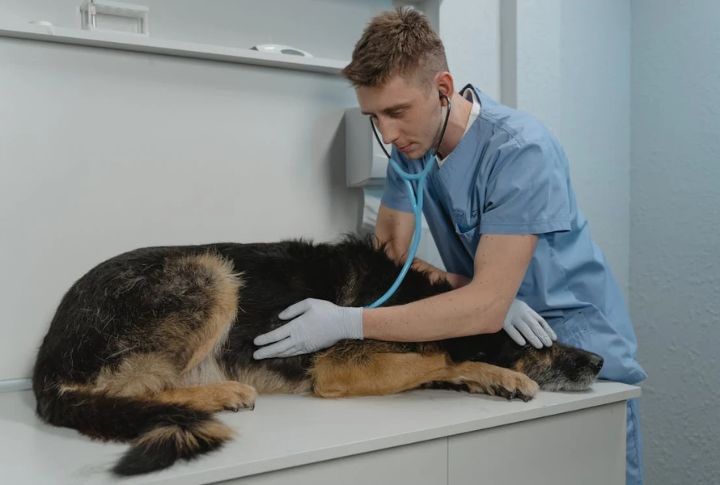
German Shepherds are often sensitive when it comes to their diet. You might find that your dog doesn’t tolerate certain ingredients well, such as grains or specific proteins. Pay attention to their digestion, and work with your vet to find a diet that suits their stomach. High-quality, limited-ingredient foods can prevent digestive upsets.
Energetic Exercise Needs
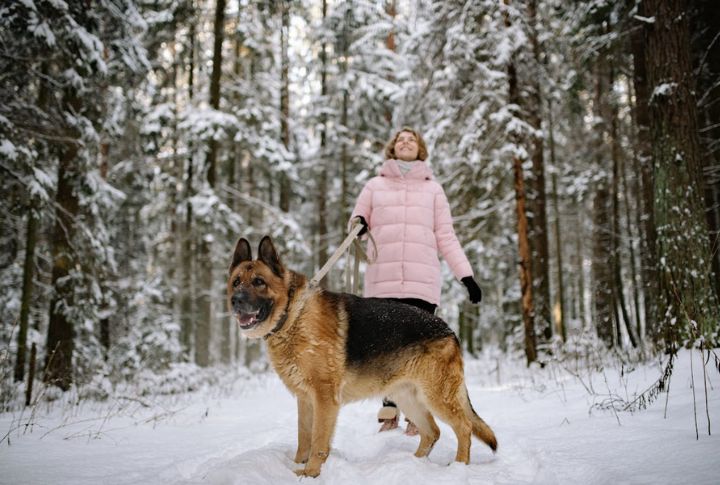
It’s not enough to just take them for a quick walk around the block. German Shepherds are high-energy dogs that require sustained, vigorous exercise. They excel at activities like hiking, running, or playing fetch. Without enough physical activity, they can develop behavioral issues from pent-up energy and frustration.
Separation Anxiety

It’s no secret that German Shepherds are fiercely loyal, but that bond can sometimes turn into separation anxiety if they’re left alone for too long. These dogs need companionship and may become stressed when left by themselves. Training and gradual independence-building techniques can help them feel secure.
Constant Training Requirement
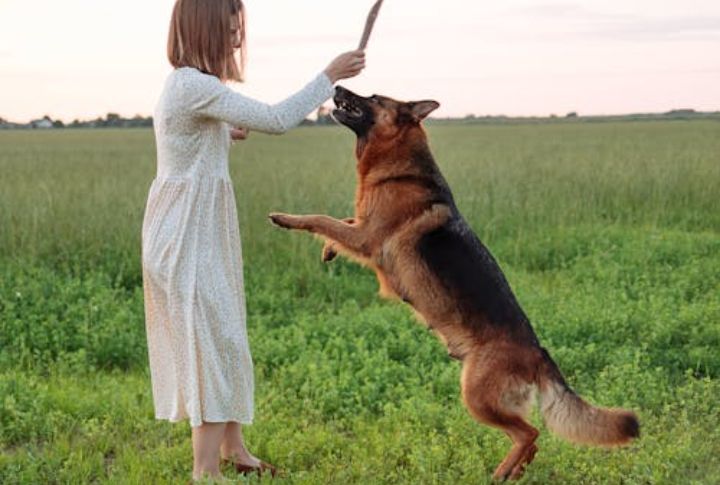
Their trainability is one of the reasons German Shepherds are such popular working dogs, but they thrive best when training is a lifelong activity. They love learning new skills, and learning advanced commands can keep them mentally stimulated. Stopping training too soon can lead to stubbornness or boredom.
Vocal Expressions

German Shepherds communicate in various ways, from barking to whining and even howling. They often use vocalizations to alert you to strangers, express their needs, or signal their excitement. Some owners are surprised by how “talkative” their dog can be, and training can help manage excessive noise.
Kid-Friendly
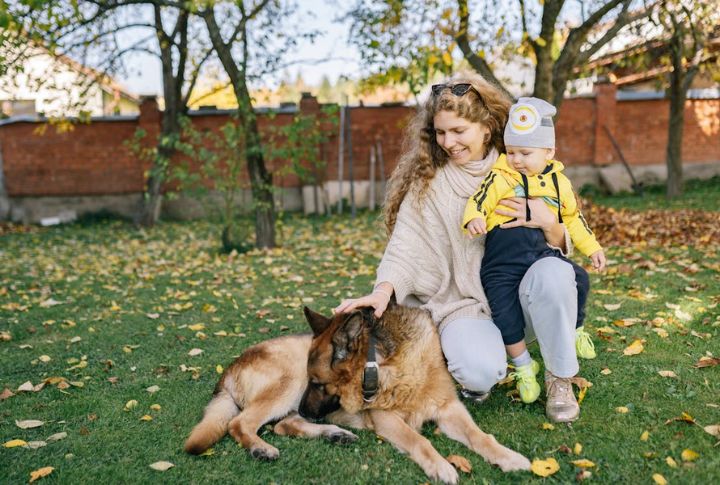
Many German Shepherds are great with children and will protect them as part of the family pack. However, their herding instincts can kick in, leading them to nudge or “herd” kids during play. Supervision is important, especially with younger children, to ensure their size and energy don’t overwhelm little ones.
Strong Bite Force
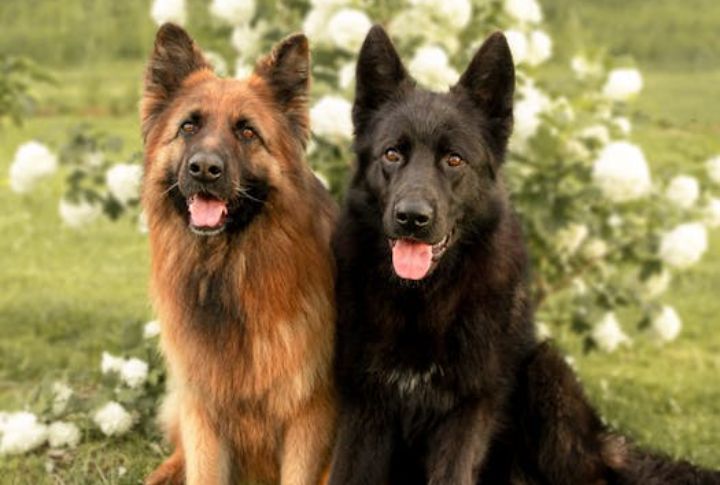
Their bite force measures up to 238 pounds per square inch (psi), which makes them powerful enough to latch onto and hold a target with significant strength. This strong bite results from their muscular jaws, large head structure, and powerful neck, which all work together to deliver a controlled and effective grip.
Service, Search, and Rescue

Beyond being household companions, these dogs have a remarkable capacity for service work. Whether acting as police dogs, search and rescue dogs, or service animals. German Shepherds excel at roles requiring intelligence, discipline, and strength. Their versatility allows them to perform in diverse jobs with ease.
Emotional Intelligence
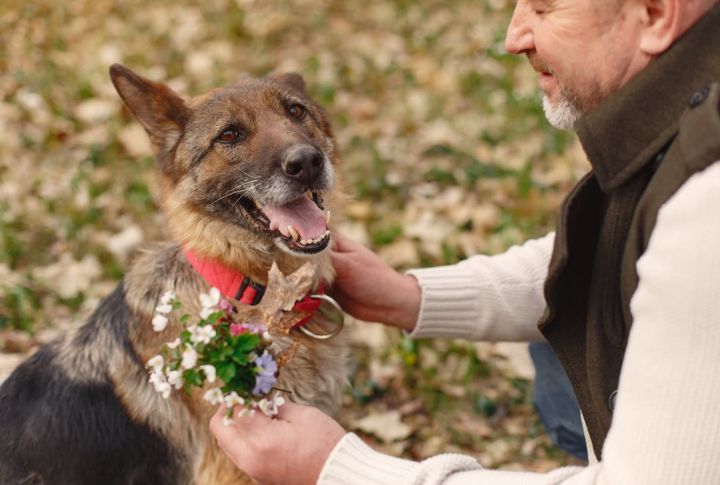
Germans are highly attuned to their owner’s emotions and can pick up on subtle cues. If you’re stressed or anxious, they’re likely to sense it and may respond by becoming anxious. A calm, structured home environment helps them feel secure and less prone to anxiety or behavioral issues.
Degenerative Myelopathy

As they age, German Shepherds are susceptible to a neurological condition called degenerative myelopathy, which can cause hind leg weakness and eventual paralysis. Regular vet check-ups are essential to catch any early signs of this or other health conditions.
Strong Pack Instinct

In a pack setting, these dogs naturally seek leadership and thrive when they understand their role within the group hierarchy. This pack-oriented mentality makes them highly loyal, obedient, and protective, often developing a deep bond with their owners or handlers, whom they see as the “alpha” of their pack.




